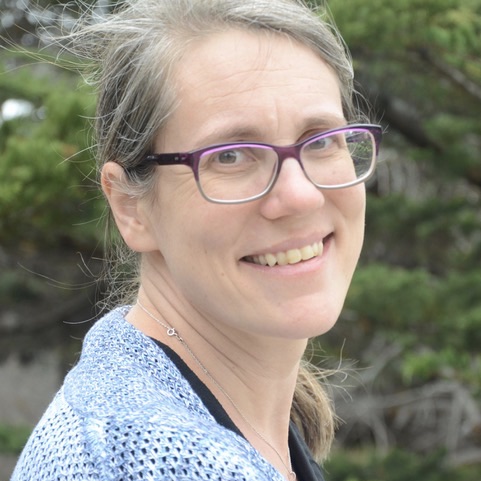Story of Your Lazy Function’s Life: A Bidirectional Demand Semantics for Mechanized Cost Analysis of Lazy Programs
Abstract
References
Index Terms
- Story of Your Lazy Function’s Life: A Bidirectional Demand Semantics for Mechanized Cost Analysis of Lazy Programs
Recommendations
Automatic amortised analysis of dynamic memory allocation for lazy functional programs
ICFP '12: Proceedings of the 17th ACM SIGPLAN international conference on Functional programmingThis paper describes the first successful attempt, of which we are aware, to define an automatic, type-based static analysis of resource bounds for lazy functional programs. Our analysis uses the automatic amortisation approach developed by Hofmann and ...
Type-Based Cost Analysis for Lazy Functional Languages
We present a static analysis for determining the execution costs of lazily evaluated functional languages, such as Haskell. Time- and space-behaviour of lazy functional languages can be hard to predict, creating a significant barrier to their broader ...
Lazy Strong Normalization
Among all the reduction strategies for the untyped @l-calculus, the so called lazy @b-evaluation is of particular interest due to its large applicability to functional programming languages (e.g. Haskell [Bird, R., ''Introduction to Functional ...
Comments
Information & Contributors
Information
Published In

Publisher
Association for Computing Machinery
New York, NY, United States
Publication History
Check for updates
Badges
Author Tags
Qualifiers
- Research-article
Funding Sources
- NSF (National Science Foundation)
Contributors
Other Metrics
Bibliometrics & Citations
Bibliometrics
Article Metrics
- 0Total Citations
- 238Total Downloads
- Downloads (Last 12 months)238
- Downloads (Last 6 weeks)114
Other Metrics
Citations
View Options
Get Access
Login options
Check if you have access through your login credentials or your institution to get full access on this article.
Sign in
